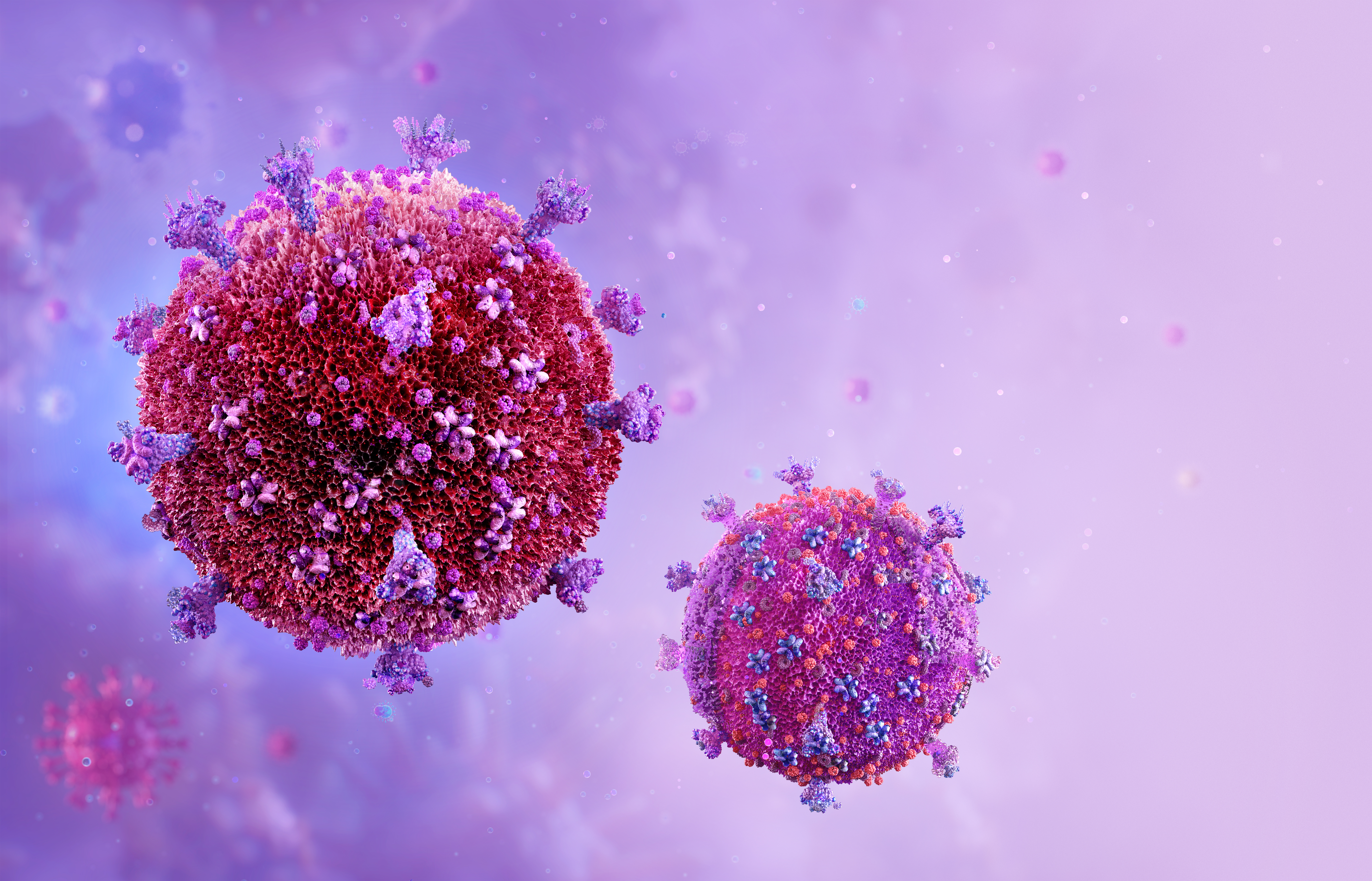
According to a press release from the AAD, new treatments may be effective at treating or preventing the human immunodeficiency virus (HIV) and other sexually transmitted infections (STIs) in LGBTQ+ patients. Experts stressed that LGBTQ+ individuals are often at a higher risk of developing STIs compared with the general population. In findings presented by Zampella et al at the 2024 AAD Annual Meeting, researchers revealed that the U.S. Food and Drug Administration has recently approved a novel injectable drug designed to offer up to 2 months of protection from HIV when administered prior to exposure, and the U.S. Centers for Disease Control and Prevention recognized that the oral antibiotic doxycycline may help prevent syphilis, chlamydia, and gonorrhea when taken following exposure to the STIs. Further, the researchers noted that ringworm infections have become more prevalent among gay and bisexual men. They advised patients experiencing a spreading ringworm rash to visit a dermatologist who can determine the most effective treatment approach. The researchers also highlighted other aspects of LGBTQ+ patient care. Among transgender and gender-diverse patients undergoing hormone replacement therapy who experience severe acne, isotretinoin has proven effective; whereas among those who require gender-affirming hair removal or hair growth as part of aligning their gender identity with their gender expression, dermatologists may suggest electrolysis, laser hair reduction, or oral minoxidil. “As with any patient population, the ability to engage patients in an understanding and culturally competent way helps improve their quality of life. A … dermatologist is not only able to develop individualized treatment plans that work for each patient but is [able to] help those seeking to align their gender identities,” concluded lead study author John Zampella, MD, FAAD, Associate Professor of Dermatology at the New York University School of Medicine.